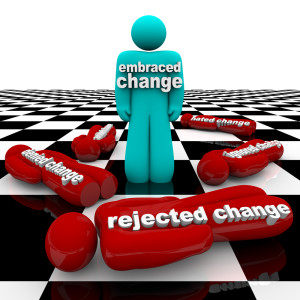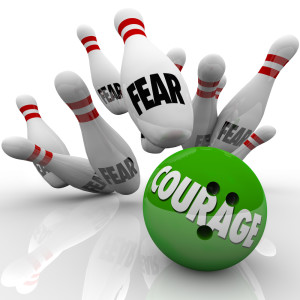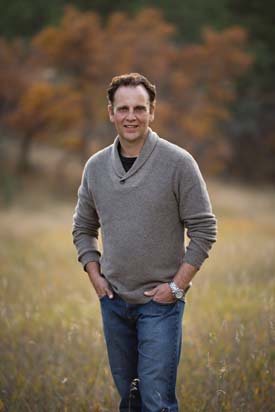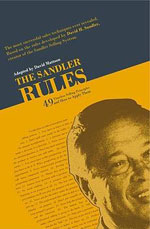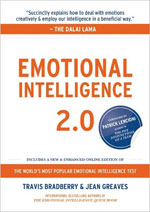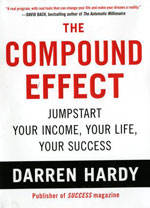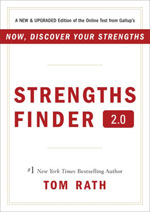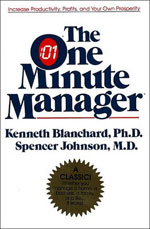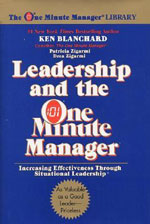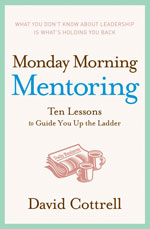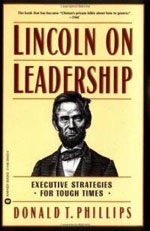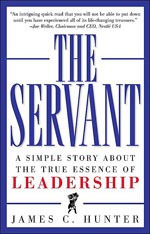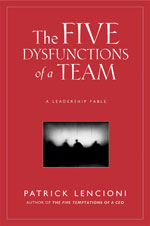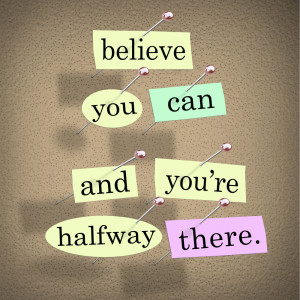 I know how challenging our world is today. Both our business endeavors and our day-to-day lives are quite complex, and we can often feel like there are more problems than answers. It can be so easy to fall victim to problems and to obsess about the challenges we face, making all things more difficult as we strive to find our way.
I know how challenging our world is today. Both our business endeavors and our day-to-day lives are quite complex, and we can often feel like there are more problems than answers. It can be so easy to fall victim to problems and to obsess about the challenges we face, making all things more difficult as we strive to find our way.
Here’s the thing: every day, someone around us is dreaming about his or her goals, developing a plan to reach those goals, and achieving lifelong dreams.
So why is it that some go through life achieving goal after goal, yet others get stuck in a rut and just can’t seem to move forward? I believe achievement starts and ends with a “can do” attitude.
When faced with a departmental challenge a few weeks ago, I was reminded of the indispensable asset of a “can do” attitude through one of my colleagues. This particular colleague inspired me to write this post. Those with a “can do” attitude seem to approach every situation with an outlook that says no matter what the issue or challenge is—there must be way! When faced with a challenge or opportunity in life, do you approach it with a “can do” or an “I can’t” attitude? With a “can do” attitude, you can achieve your goals and dreams in life.
When it comes to being successful, I’ve noticed there are two types of people—those who believe they can and those who believe they cannot. The people in the first group always generate ideas and ways to achieve their goals, while those in the second group will offer only excuses for why the possible is really “impossible.” The “I can’t” folks remain in a state of continuous frustration and are always physically and emotionally drained.
After watching many people throughout my career, I have come to believe that the key to personal success is empowerment.
I believe empowering ourselves into the “can do” state starts by getting into action. Being part of the solution instead of focusing on the problem will contribute to your ability to achieve your goals. Empowering others and ourselves gives us the freedom to try new things, to take risks, and to learn. Yes, we will make mistakes, and our solutions won’t always be perfect. We need to simply adjust, plan again, execute, and keep moving forward. Empowerment is allowing ourselves and others to bring a “can do” attitude to the challenges and opportunities we encounter.
In addition, this “can do” attitude encourages creative thinking and innovation! People with this type of attitude always believe they will figure out a challenge. The solution may not be readily apparent, but it’s bound to be there somewhere, and a “can do” person is determined to find it. This optimistic attitude is one of the attributes I consistently see in successful sales and marketing professionals. These people take on daunting challenges like it’s the norm. They are willing to do what it takes to figure it out. It’s like guiding a great big cruise liner into port. Often a successful salesperson will start with a dream or an idea. One idea then becomes several ideas, and as these leaders implement their ideas, they take some risks, make some mistakes, and make adjustments. Not every idea is a home run, and they learn from their small wins and mishaps—but they are always moving forward, guiding their ships into the port of success!
I will leave you with the story of an incredibly inspirational man with a definite “can do” attitude. Maickel Melamed completed the Chicago marathon this past weekend. While there were thousands of runners who completed the race, Melamed’s achievement is significant, for he has muscular dystrophy. After running for nearly 17 hours, Maickel Melamed crossed the finish line. Listen to what this amazing man has to say about his achievement:
“Because I can do it! That’s the point. If you can do something, you discover you can do it, and then you have to do it.”
Join me next week as I explore three practical ways to implement a “can do” attitude into your career and personal life.




